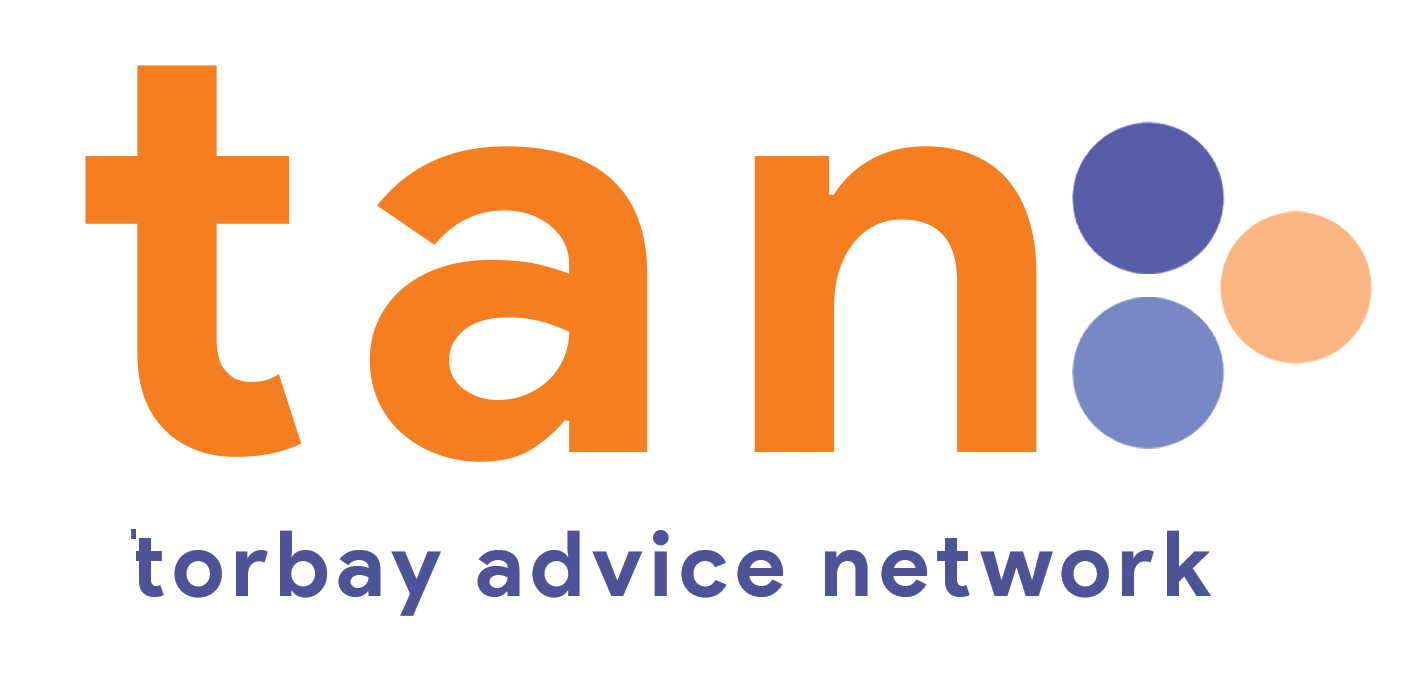High inflation pushed the cost of raising a child to £166,000 for a couple and £220,000 for a lone parent in 2023 but the enduring impact of benefit cuts and ongoing price rises have left many parents unable to give their children what the public says is a minimum acceptable living standard, new research shows.
Food bank managers and volunteers have known for years what is pushing people towards hunger in their communities and have been working tirelessly to support the growing number of people facing hardship who are forced to their doors. But for the first time, we now know the breadth and depth of hunger in the UK, as well its causes, impacts and who is most likely to be affected.
This briefing examines the NHS long term plan target to reduce the number of people with learning disabilities and autism in inpatient mental health care. It provides an overview of the government’s approach to achieve the goal, examines the progress that has been made and provides a range of further reading on the issue.
This IFS Pensions Review report sets out key challenges for the UK’s state pension system and suggests a way forward for the future
This briefing provides information and the key issues on home education in England as well as current and past proposals for reform.
More than 4.2 million children in the UK are growing up in poverty, a number that has been rising over the last decade and is forecast to grow even further. Failure to disrupt and reverse this trend will have profound impacts on individual life chances, have intergenerational effects and exacerbate structural racialised inequalities.
This report (which is funded by abrdn Financial Fairness Trust) looks at people’s experiences with consumer credit, including credit cards and buy-now-pay-later payments, during the cost of living crisis.
It shows that 5.2m people across the UK are behind on consumer credit payments, an increase of 1.5m since November 2022.
This briefing explains UK poverty statistics, including historical trends and forecasts, and poverty by employment, tenure, ethnicity, disability and region.
The nation’s health and care needs are changing. As we continue to live longer, there is a higher prevalence of long-term health conditions due to various lifestyle factors which are also being further impacted by increasing health inequalities. Waiting times for treatments have been lengthened due
to the COVID-19 backlog and NHS costs to deliver care are continuing to rise.
This briefing paper provides an overview of the UK Government’s policies to support care leavers.



